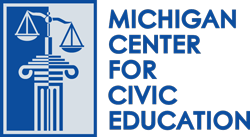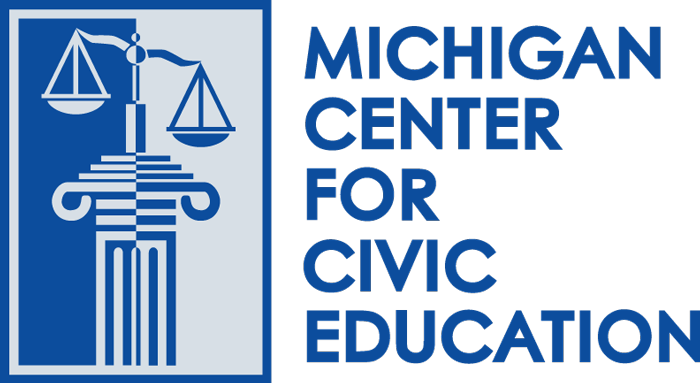Students learn why there are two houses of Congress and discover how a bicameral legislature ensures that states have a voice in bills. Together, the class creates a school cell phone policy and experiments with different voting groups that demonstrate why the bicameral compromise was necessary. Students also examine how things might be different today if there were just a House or a Senate.
Civics Lessons
Why Do We Have a House and Senate, Anyway?
Appreciating Democracy
This lesson is designed to teach students to appreciate the most basic practices of democracy in the United States: The lesson can be taught in three or four 45-minute class periods. At the heart of the lesson are three easy-to-teach activities (or simulations).
Who can Vote for Student Council President?
Students review hypothetical scenarios and decide who may vote for student council president. Students review constitutional principles states must follow when deciding who can vote.
What Does the Preamble of the U.S. Constitution Mean?
Students compare and contrast the language in preambles to two state constitutions; compare state preambles with the preamble of the U.S. Constitution; draft a new preamble for the U.S. Constitution; and discuss the process of amending the U.S. Constitution
Connecting the Separate Powers
In this lesson, students will gain an understanding of the separation of powers using role playing and discussion. Students will identify which parts of the Constitution provide for the branches of our government, and will categorize public officials into one of these three branches.
Rules, Rules, Rules-The Eraser Game
Students reflect on when and why rules are needed and the importance of rules in the classroom or in a community setting.
Voter Identification and the Right to Vote
Students Research positions that divided the Supreme Court on voter identification case-Crawford vs. Marion County
Equal Protection Analysis
Extends students’ understanding of the 14th Amendment, the Constitution, and the history of civil rights in the United States. Students apply knowledge about “equal protection of the laws” to a variety of fact situations and controversies.
Freedom of Expression
Deliberting in Democrcay lesson which gets students to deliberate the question–Should our democracy block Internet content to protect national security?
The Tired King
Students learn about the three functions of government in this interactive role play.

